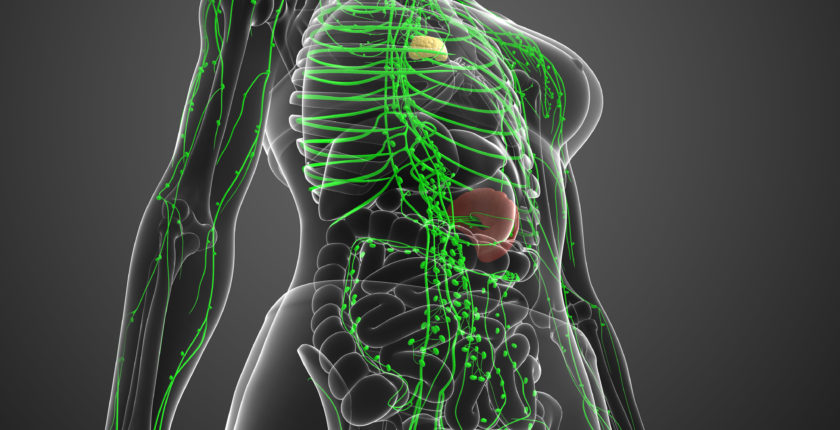The study, published in The Lancet Digital Health, showcases how AI is revolutionizing medical image analysis and diagnosis processes.
The AI-driven computer model, dubbed Lars (Lymphoma Artificial Reader System), is based on deep learning technology and specializes in interpreting positron emission tomography (PET) images. By analyzing over 17,000 images from lymphoma patients, the system has been trained to identify visual markers of cancer within the lymphatic system.
Associate Professor Ida Häggström, a key figure in the research, highlights the significance of AI in enhancing healthcare access and efficiency. The ability of AI to provide a prompt second opinion and streamline the diagnostic process not only benefits patients but also supports radiologists in critical decision-making.
Furthermore, Häggström emphasizes that the AI model contributes to healthcare equity by ensuring that all patients, regardless of their location, have access to expert image analysis within a reasonable timeframe. This technology proves particularly valuable in rare diseases where traditional radiological expertise may be limited.
Collaborating closely with institutions like Sahlgrenska Academy and Sahlgrenska University Hospital, the research team leveraged retrospective analysis techniques to develop the AI model. By training Lars on a vast array of medical images, the researchers successfully enabled the system to autonomously identify cancer indicators in lymph nodes.
The study involved comparing pre-and post-treatment PET and computed tomography (CT) scans, with the collected data serving as the foundation for training the AI system. Through supervised training, the model improved its diagnostic accuracy over time by learning from both correct and incorrect assessments.
As Häggström explains, the AI model’s strength lies in its capacity for self-learning and pattern recognition. By allowing the system to independently discern significant image features, the model can deliver precise predictions regarding the presence of lymphoma, without the need for pre-defined instructions.
In essence, the success of the AI model in detecting lymph node cancer underscores the transformative potential of artificial intelligence in advancing medical diagnostics. By harnessing the power of deep learning technology, researchers are paving the way for more accurate, efficient, and accessible healthcare solutions.
Note:
1. Source: Coherent Market Insights, Public sources, Desk research
2. We have leveraged AI tools to mine information and compile it




